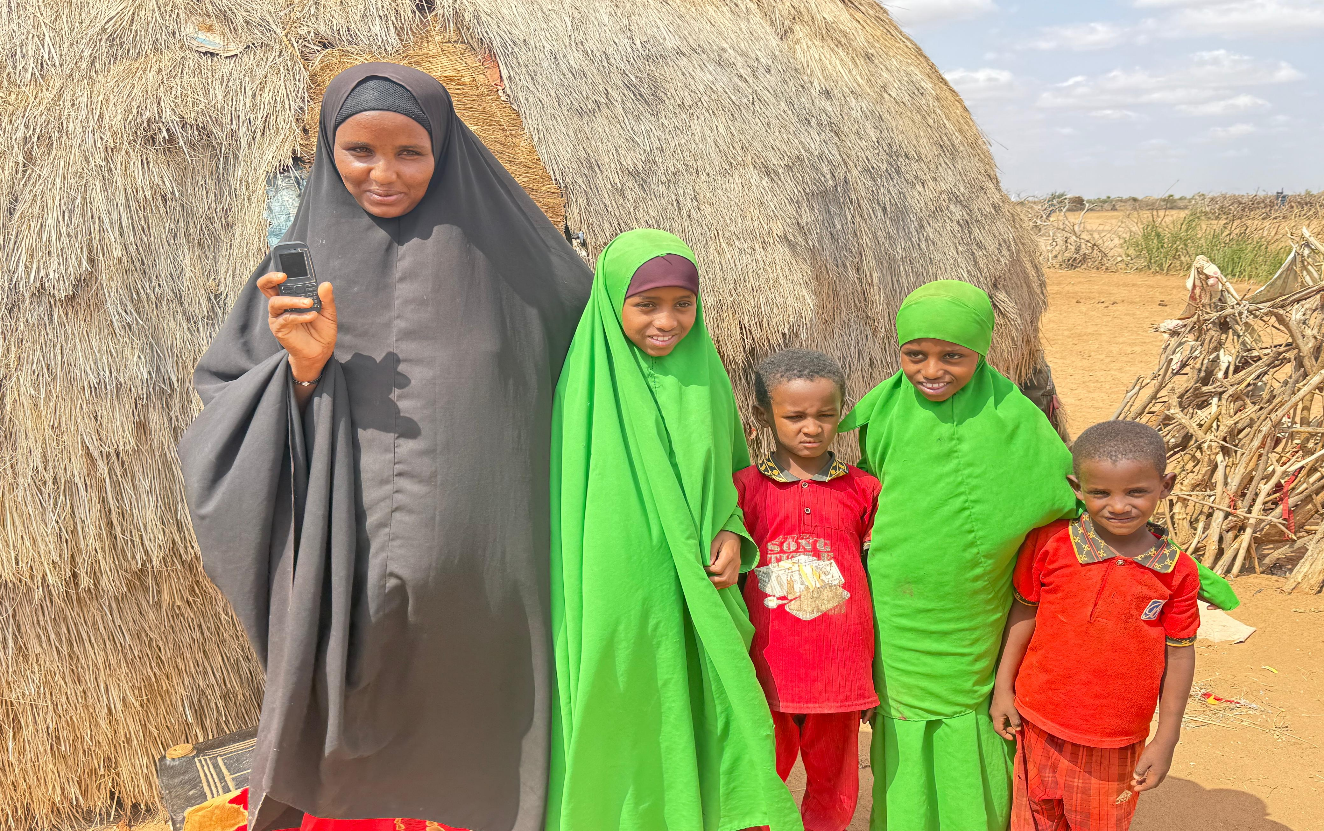In the arid and often unforgiving plains of Wel Athi, Wajir County, a quiet but powerful transformation is taking place.
After years of relentless drought, floods, crop failure, and food insecurity, hundreds of vulnerable families are beginning to rebuild their lives.
At the heart of this recovery is a simple but profound intervention, unconditional mobile cash transfers delivered through a program by the Rural Agency for Community Development and Assistance (RACIDA), with support from Diakonie Katastrophenhilfe (DKH).
Through the initiative, “Enhancing Food Security, Nutrition, and Community Resilience in Wajir County,” RACIDA is providing Unconditional Multi-Purpose Cash Assistance (UMPCA) to 489 households across five hard-hit locations.
Each family receives KES 10,798 per cycle through M-PESA mobile money, with three cycles planned in total.
As of July 2025, two disbursement cycles have been completed, offering crucial relief to some of the region’s most affected populations.
Among the beneficiaries is Arabey Adan, a mother of eight who lives in Wel Athi.
After losing her husband, Arabey became the sole provider not only for her children but also for her elderly mother.
Once sustained by a small flock of goats and a humble kiosk, her livelihood was wiped out by the prolonged drought.
Like many others in the region, she sank into debt as incomes collapsed and food prices rose. The arrival of the cash assistance, however, marked a turning point.
With the funds received through M-PESA, Arabey has been able to purchase food, pay school and Quranic Dugsi fees, and begin repaying debts.
More importantly, she has reclaimed a sense of stability and dignity. Her kiosk is beginning to recover, and the stress of begging for basic necessities has eased.
“My children are back in school. We now eat with peace of mind,” she says.
The broader context in Wajir remains challenging. The county, heavily reliant on livestock, has been battered by back-to-back climate shocks, the 2021–2022 drought, El Niño floods in late 2023, and additional flooding during the 2024 long rains.
As of early 2025, more than 130,000 people were projected to be in crisis-level food insecurity, with alarmingly high levels of malnutrition among children and pregnant women.
Systemic issues like poor infrastructure, limited access to water, and rising healthcare costs further compound the hardships.

